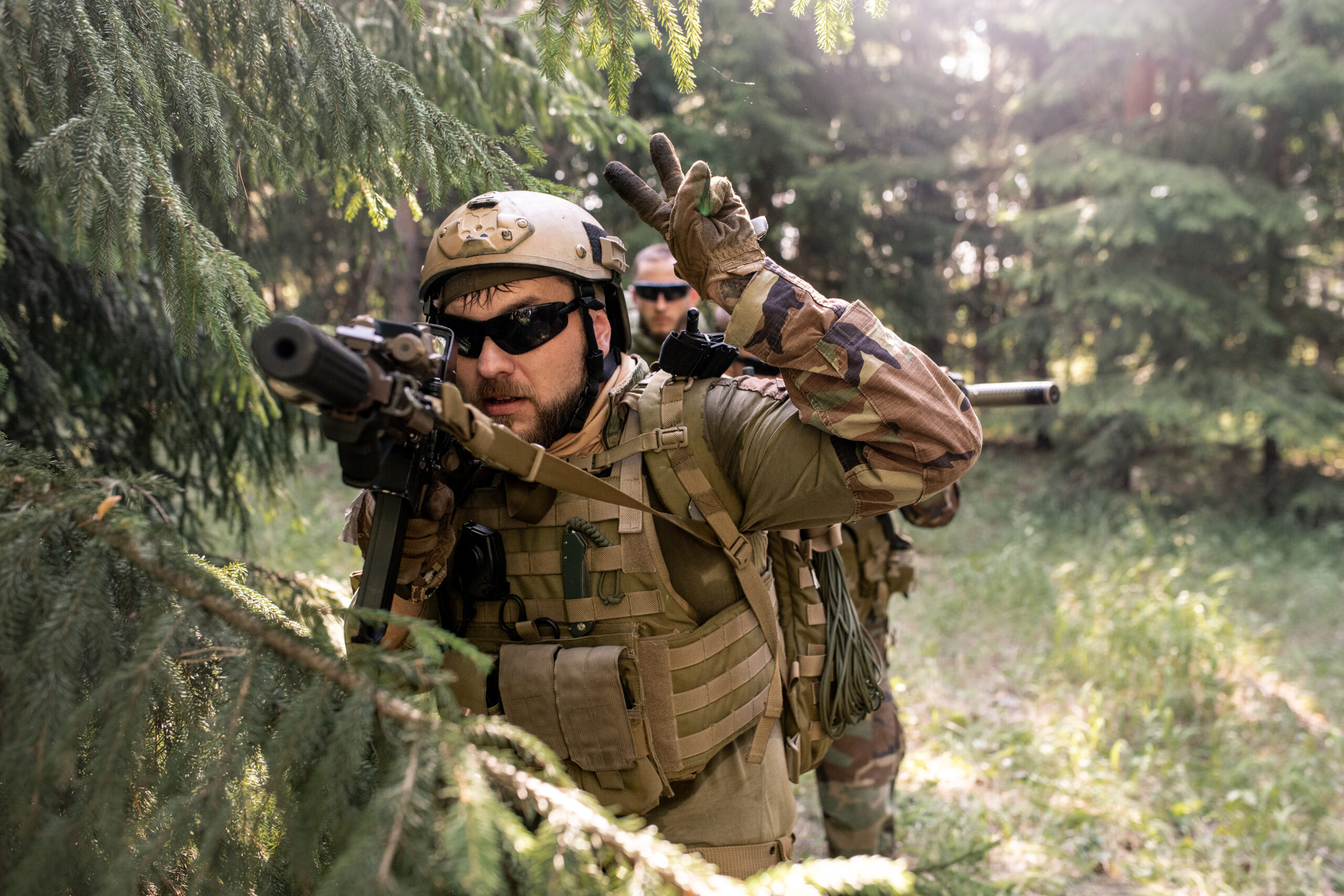Recently, we saw Israel take strong action against Hamas in Gaza. This situation is really serious, and when we look deeper into it, we can see just how tough things are for the Israeli forces.

The Difficult Battlefield in Gaza
Gaza looks like a maze for the Israeli army. Imagine a city with tall buildings that hide fighters and traps. Every building might have threats, and there are tunnels underground with both Hamas members and hostages from Israel. It’s like playing the hardest level in a video game, where danger is everywhere.
An expert from the CIA, Norman Roule, said this is even harder than the challenges they faced in Iraq. Because there are so many people living in Gaza and many buildings to check, there’s a big risk of lots of people getting hurt.
Israel’s Two Big Goals
Israel has two main goals. First, they want to show their strength to stop any future attacks, not only from Gaza but also from places like Lebanon and Iran. Second, they want to protect their people and save any hostages. These goals seem to clash because showing strength might mean using more force, which can harm civilians.
However, Israeli leaders seem to focus on the country’s safety more than anything. Gen. Dan Goldfuss, an army leader, said that they need to change the situation no matter what.

How Hamas Protects Itself
Hamas is really prepared. Reports say they have explosives, weapons against tanks, and other defenses ready. This means Israel has a tough job ahead.
Lessons from the Past: Beirut and Fallujah
When we look at history, we can find similar situations:
Beirut (1982)
In 1982, Israel tried to get the PLO out of Beirut. They wanted to do this without harming their international reputation. But things didn’t go as planned, and the world criticized Israel. In the end, they made a deal, but this operation made things worse for Israel in some ways.
Fallujah (2004)
In Iraq, the city of Fallujah was against the U.S. The U.S. attacked the city, but it became a long and deadly fight. The city’s layout made things very tough for the U.S.
Gaza Today
Gaza is even more challenging than Fallujah. It has more people and a mix of tall buildings and tunnels. Israel might use technology like drones and robots to help, but saving hostages will still be very risky.
What’s Next for Gaza?
After this operation, what will happen to Gaza? The area is poor and has many problems. Israel might work with countries like Saudi Arabia to help make Gaza a better place. This could be good for the people there. But the Middle East is unpredictable, so it’s hard to know what will really happen.
To wrap it up, the situation in Gaza shows how tough city battles can be. It’s a big challenge, but it also shows how determined people can be when trying to solve problems.

FAQ: Understanding Israel’s Operation in Gaza
Q1: Why did Israel launch an operation in Gaza?
A: Israel initiated the operation to counter the threat from Hamas, a group they consider hostile. They aim to restore deterrence and protect their citizens and hostages.
Q2: What makes Gaza a challenging battlefield?
A: Gaza is densely populated with tall buildings, many of which could hide threats. There are also underground tunnels containing Hamas fighters and Israeli hostages. It’s a combination of urban and underground warfare.
Q3: What are Israel’s primary objectives?
A: Israel has two main goals: 1) To demonstrate its strength and deter future attacks, and 2) To minimize civilian casualties and save hostages.
Q4: How is Hamas defending itself?
A: Reports suggest that Hamas is well-prepared with explosives, anti-tank weapons, and other defenses in place, indicating meticulous planning on their part.
Q5: Are there any historical parallels to this situation?
A: Yes, the Siege of Beirut in 1982 and the battle of Fallujah in 2004 are two similar situations, where urban warfare was a significant challenge.
Q6: How might technology help Israel?
A: Israel could use advanced tech like drones, detailed imagery, and robots to identify and counter Hamas defenses more efficiently.
Q7: What could be the future for Gaza post-operation?
A: While uncertain, there’s hope that collaboration with other Middle Eastern nations could lead to a stable government and better living conditions in Gaza. However, the region’s history suggests that outcomes can be unpredictable.
Q8: How is the situation in Gaza different from the Siege of Beirut and Fallujah?
A: Gaza has a larger population and a combination of high-rise buildings and underground tunnels, making it even more complex than the other two situations.
Sources The Washington Post
#Hamas in Gaza #Israeli troops #military operations #urban combat #Israeli forces #urban warfare #Palestinian state #conflict #deterrence #hostages #technological advantages #intelligence services


